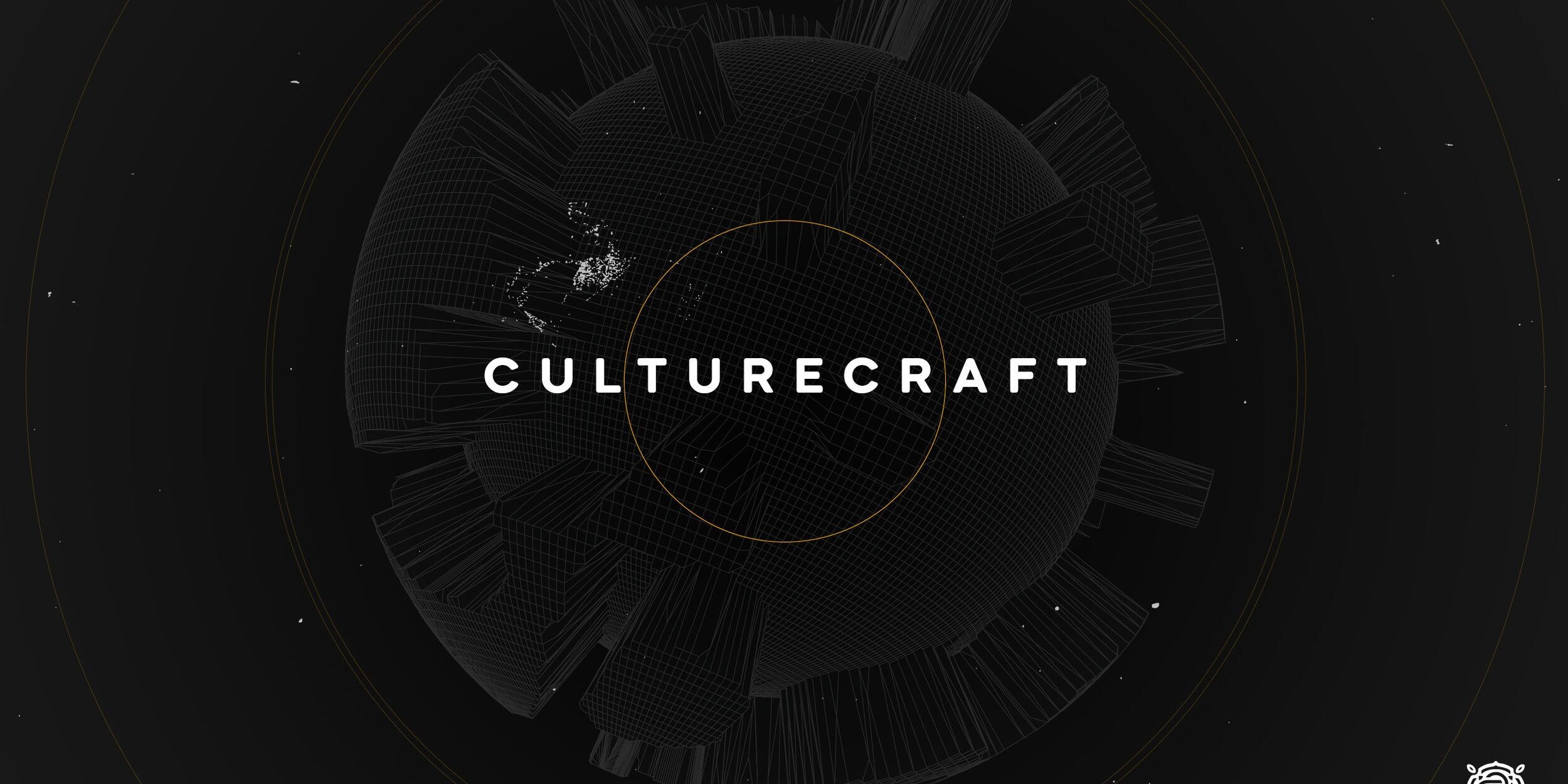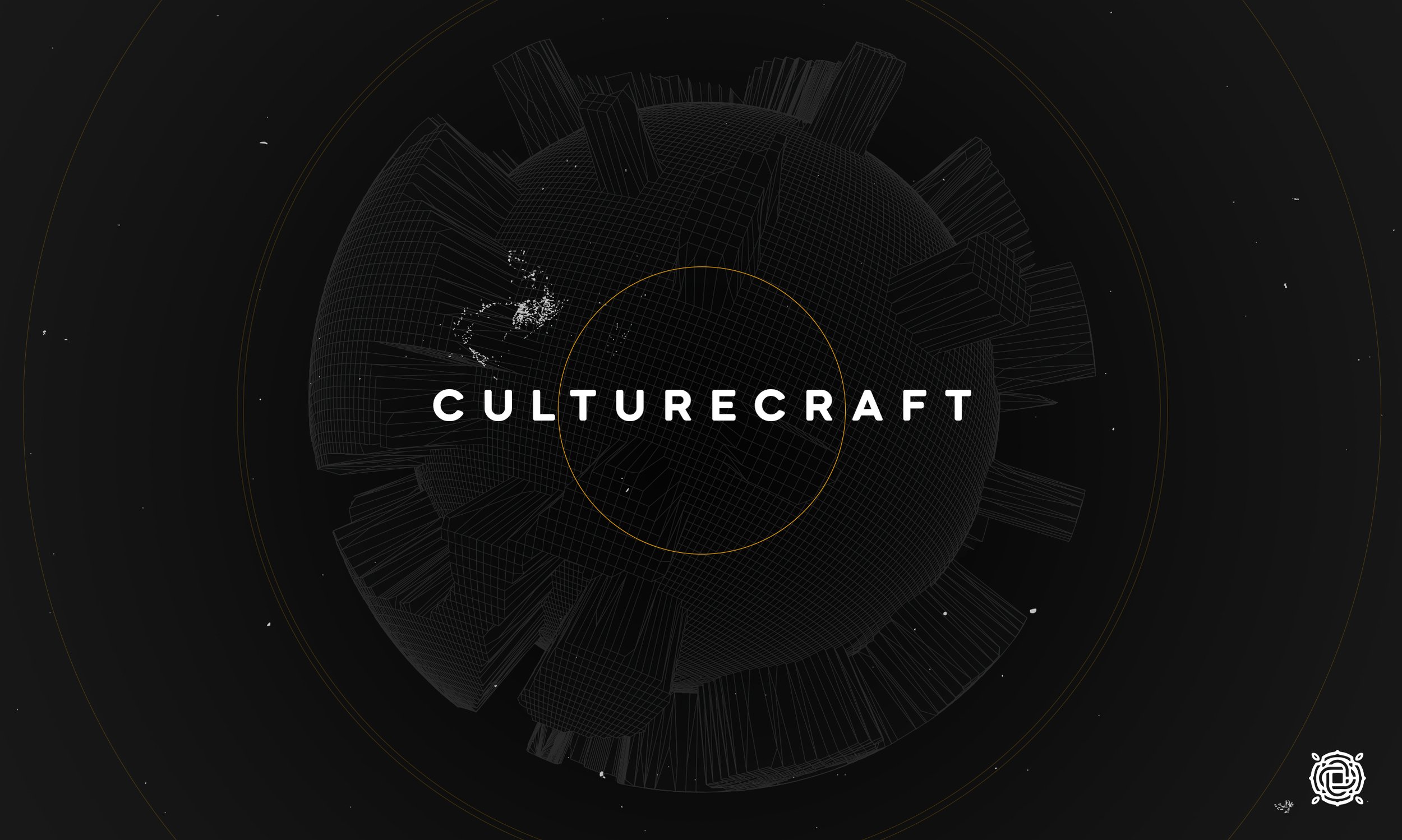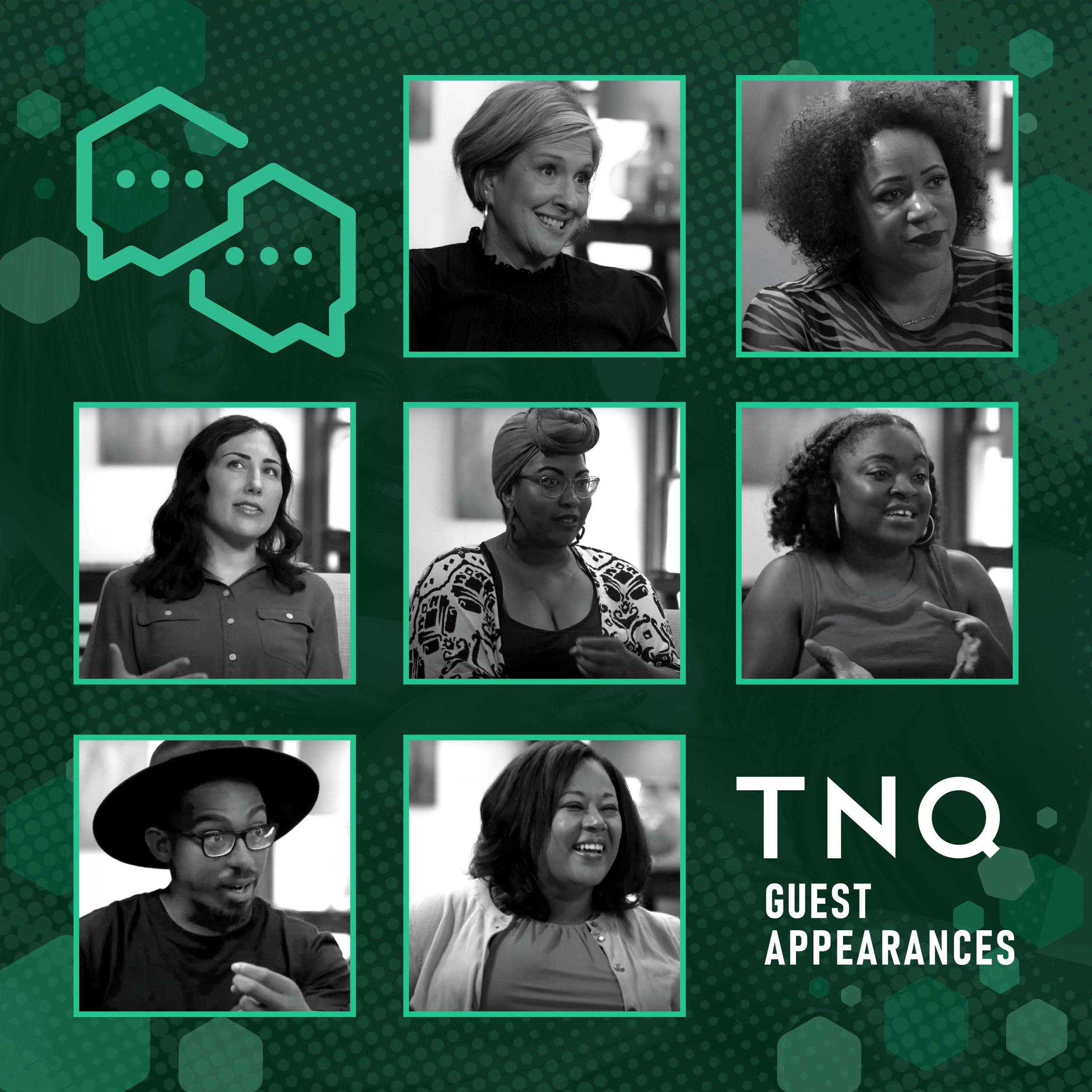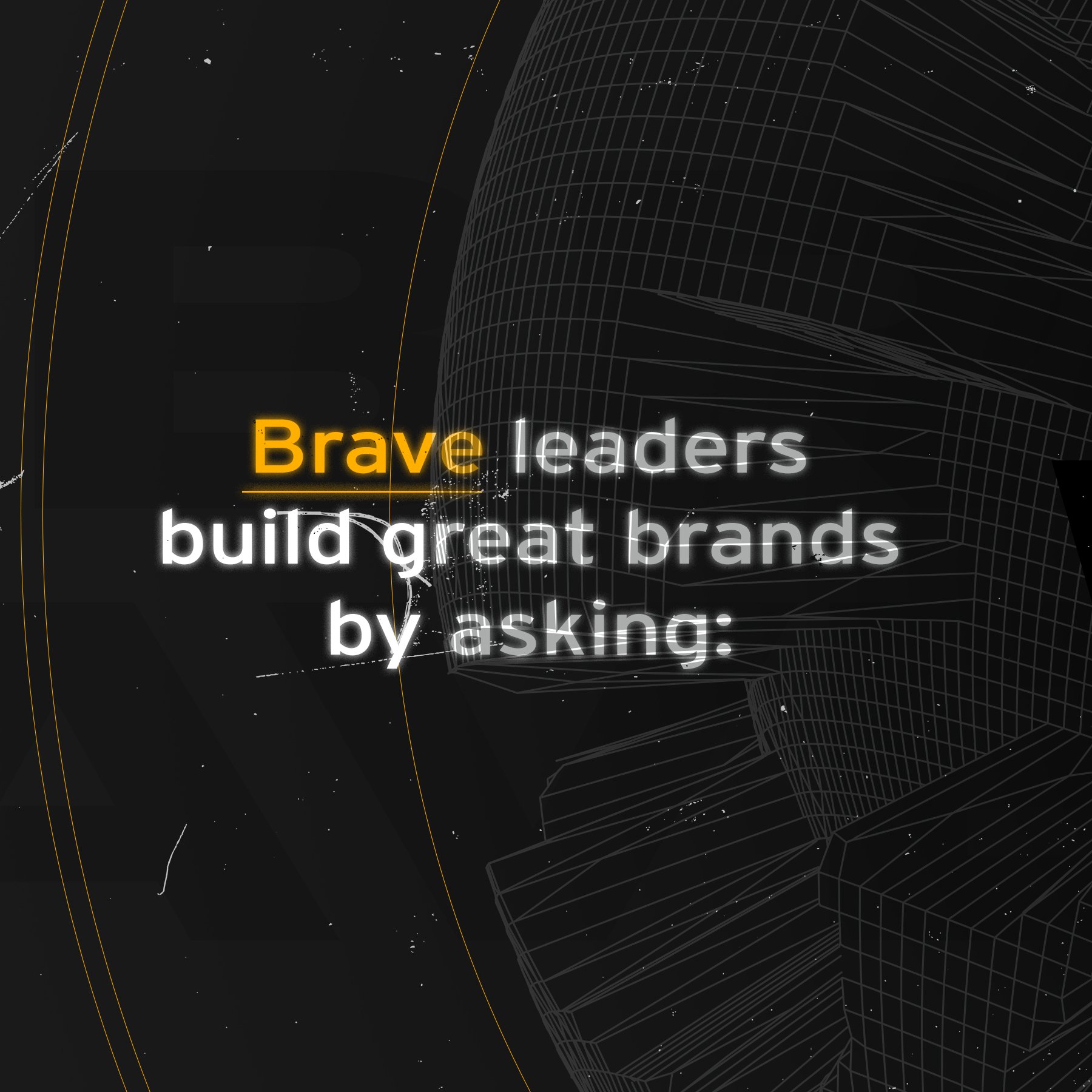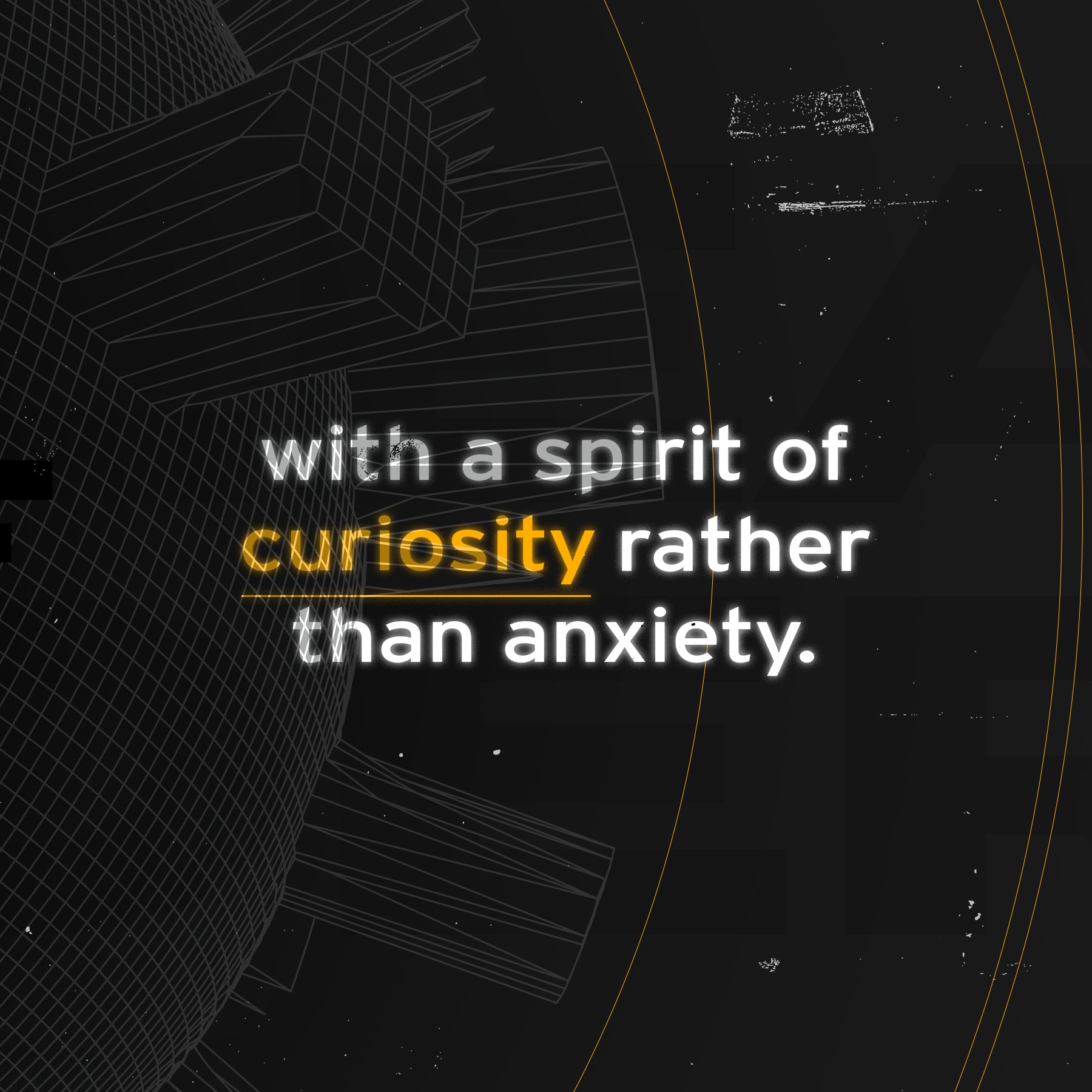Why 2022 Is The Year For Brand Leaders To Be Brave And Do Something Daring
When Austin Channing Brown told us early this year that she wanted our help in ending her successful TV series The Next Question and building a new brand for Black women storytellers, our jaws hit the floor.
It’s rare to see any leader try something new. It’s even more rare when that leader is already doing something hyper-successful.
The Next Question, which followed closely on the heels of Austin’s best-selling book about race and dignity for people of color – I’m Still Here – garnered over 300,000 views from watchers during its 8-episode run, with 1.3 million impressions generated.
And it did all that on an ad budget of $0.00. You read that right. Zero. With a capital Z.
TNQ’s success could be attributed to Austin (and co-host Jenny Potter and Chi Chi Okwu), TNQ’s incredible guests, and the brand’s strategical positioning at the intersection of important conversations and audiences that were ready to engage with them.
It was old-school brand-making, given life by modern avenues like YouTube and social media. And it produced a deeply empathic product, centering the customer\audience first and foremost, and lending both ear and eye to what they wanted and needed.
The truth is, Austin could have done ten seasons of TNQ and never lost either her audience or the importance and relevance of her message.
But that’s not the kind of leader Austin is.
While TNQ was thriving, a new dream was being grown inside her. One that was risky and would mean moving from the safe harbor of Austin’s successful TNQ brand to more open waters, where Austin could help young storytellers preserve their vision and get their stories out into the world.
And while we were proud to help bring TNQ to life, and are excited to build Austin’s new brand Herself Media, we also recognize a simple truth:
We need more brand leaders to be brave like Austin. Maybe it’s with your existing brand, maybe it’s with a new brand, but bravery in brand building is in short supply.
So we want to quickly share three apologetics for why leaders, like you, need to be braver in 2022.
Brave Leaders Help Us See What’s Necessary
Necessity is the mother of invention – we all know that. But there isn’t much necessity in saturated markets and conversations. We all know why we need toilet paper. Not everyone knows why they should switch from alcohol to cannabis or that the media they consume is not-so-subtly racist.
That’s why at CultureCraft we’re determined to work with brands and leaders in emerging industries – like AI, entrepreneurial media, crypto, fintech, and cannabis.
Leaders in these spaces are helping reframe what products, brands, and messages are necessary for the world to continue being a thriving, joyful, and beautiful place. And we want to be a part of the conversation.
But building what’s necessary requires improvisation. To be successful, leaders in these emerging industries need to be iterative and flexible. They also need a framework of customer-centric brand strategy, truth-telling design, and mercantile marketing.
It’s a lot to keep an eye on, but brave leaders will take the leap and we’ll be there to give them wings.
Brave Leaders Create Better Brands, That Create Better Worlds
We believe brave leaders are drawn toward creating better brands – better through craftsmanship, the brand’s worldview, their internal culture, or the sheer reinvention of products and industries.
At the two extremes of these better brands, are often disruptive new-comers and storied legacy keepers.
On the side of youthful disruption, you have organizations like Tesla, Apple, Hello Fresh, Uber, Lush, Netflix, and others who challenge the status quo. Leaders build these brands by trial and error, upending convention, and asking “What if…” with a spirit of curiosity rather than anxiety.
Through their brands, these leaders call people back to thriving as human beings, innately valuable, rather than manipulating the masses by reducing their worth to mere consumerism.
On the other end of the spectrum, are legacy brands: Ferrari, Patagonia, Louis Vuitton, Dyson, Coca-Cola, Calvin Klein, and IBM. Brands like these are helmed by leaders that hold an unwavering standard for quality, customer knowledge, and progressive experimentation.
Through their brands, these leaders argue for maturation – quality over speed – and the belief that human beings are also entitled to grow slowly, strongly, and with ageless beauty and wonder.
Both of these leaders believe in creating better brands, because they know that better brands produce a better world.
And we’re in that business too.
Brave Leaders Find More Opportunities
Brave leaders often find or receive more opportunities. And we attribute this to their success. But the truth is more counter-intuitive.
Brave leaders often possess and practice a high threshold for failure. While it’s true that brave leaders find more opportunities (and are more game to pursue them when they come along) many times these “opportunities” come on the back of repeated trial and error. That is to say, they are born from failure, rather than success.
How do brave leaders make this most of these low points? By not internalizing failure the way others do. Instead, they practice radical ownership, seeing the mistakes they or their brands have made as learning opportunities – one more step in the process of getting better.
In this way, opportunity isn’t just a product of success, but of failure as well.
This perspective is absolutely crucial to how brands, and their leaders, will get ahead in 2022 and years to come. And that’s because…
The Rules Are Being Re-written
2020 and 2021 saw an upending to much of what we know in the world of business. The death of attribution, the rise of work from home, D2C off the charts, the “Great Resignation,” brands living primarily online, brand design altering for “dark modes”, and so many others.
2022 looms ahead with unbridled possibility and the promise of helping to reshape the business landscape even further, destabilizing old economies, brands, culture, and commerce.
At CultureCraft we recognize this extraordinary moment and have committed ourselves to partnering with brave leaders like Austin and others to shape this new future.
Brands who respond to the present with empathy, truth, courage, and a willingness to try something new, will get a shot at creating that new future.
We’re all in. Are you?
